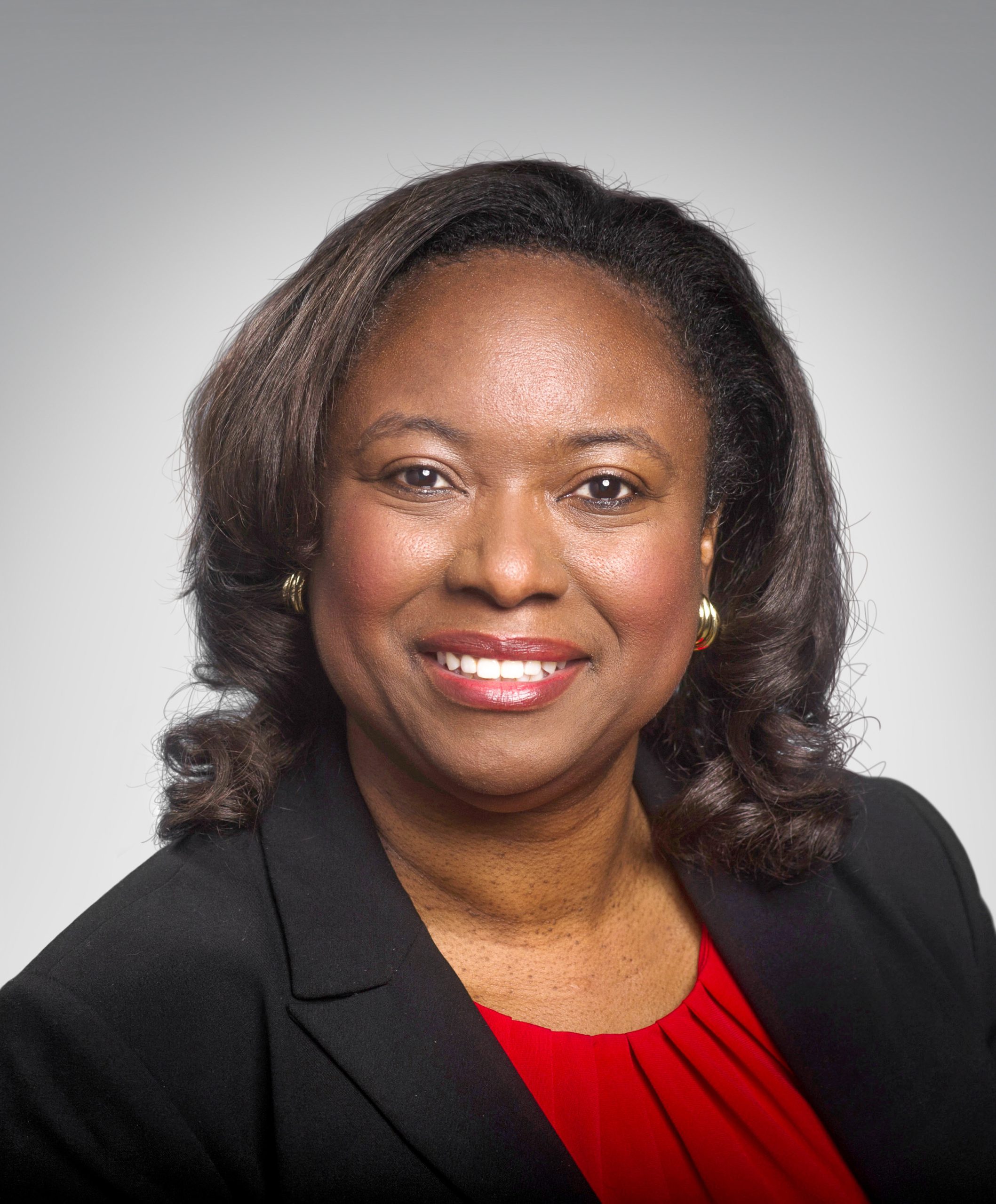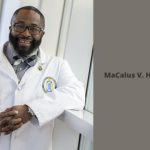Monica L. Baskin, Ph.D., who for two decades has led an extensive research program aimed at reducing health disparities, has joined UPMC Hillman Cancer Center as associate director of community outreach and engagement and professor of medicine in the Division of Hematology/Oncology. She will also serve as associate director of health equity and assistant vice chancellor for community health equity for the University of Pittsburgh Health Sciences.

Dr. Monica L. Baskin
Dr. Baskin is nationally recognized for her work related to health equity. She has served on the National Cancer Institute (NCI) Accelerating Rural Cancer Control External Advisory Board and chair of the World Cancer Research Fund/American Institute for Cancer Continuous Update Project Global Expert Committee on Cancer Incidence.
We spoke with Baskin about her new roles at Hillman and Pitt.
What do you see as some of the biggest challenges related to health equity and community outreach in the Pittsburgh region?
There is still quite a bit of racial residential segregation here and medical mistrust. I want to focus on ways to bridge those relationships that have not been formed or where they may have been fractured. Part of my role in leading this program is to call out what we are and are not doing to improve those critical relationships.
My presence here as someone skilled in understanding and advancing health equity is to help determine what we can do to lead us in a better direction. One of the best ways to do that is to listen. I want to better understand the culture and where community members believe their needs have not been heard or addressed.
I believe in communicating bi-directionally so that we receive information from our residents on what they perceive are the inequities. Then we investigate to determine how to better address their health needs through additional programs or changes in our approach to providing the care that is essential.
What are some of the first steps for you?
Since I am new to Hillman, as well as the city and state, I want to visit our communities and meet people. I cannot build trust across the community without first being trustworthy, which can then lead to successful community engagement.
It is important for us to learn from our residents about their perceptions of health care inequities in their neighborhoods. While we have programs in place, we need to determine if they are working and then what more we can do to ensure the varying health needs of our communities are being addressed.
As a National Cancer Institute-designated Comprehensive Cancer Center, we want to ensure that UPMC Hillman is also addressing and enhancing the diversity within Hillman. That is not just at the staff level but everywhere, including leadership. That is a critical step to making sure the issues of diversity are always addressed. We want to make sure everyone can access high-quality care and eliminate the barriers to accomplishing that.
How will you determine the inequities in health care in our communities, and then how will you work to implement improvements?
We know there are differences in cancer incidences, mortality and morbidity as they relate to access and equity. We have the data to pinpoint where differences are in the community. Now we need to interpret the data and engage our residents and stakeholders to determine specific ways we can decrease, if not eliminate, the disparities to improve health outcomes.
The one thing that people get wrong when we talk about health equity is that it is not always about race. It includes diversity in terms of geographic locations, gender differences and sexual gender minorities. There is a whole population we have not been addressing, and that is the LGBTQIA+ community. We must look to identify where there are differences with the overall goal that everybody should have access to the highest cancer treatment.
I want to expand our community advisory board so that we have full representation of the people and the various areas we serve to help open the lines of communication. I would like to conduct an annual townhall where we report to the communities what we have discovered through our work and be able to openly share feedback.
People think differently. We all have different backgrounds, and we are coming at all issues from different spaces. That is why it is critical to have all those different perspectives in the room.
What would you like people to know about you?
I do take cancer personally. I was a senior in high school when I lost my father to colorectal cancer. He was only 51 years old. No one should die from colorectal cancer today. I want to make sure that other young women and men do not lose their parents at an early age. I know for some people, access to health care may be a lack of awareness, a lack of culturally competent care or a lack of knowledge of personal health symptoms. I think of this as part of my purpose in life. We have the opportunity to do more, and we should not rest because it’s a hard problem.








